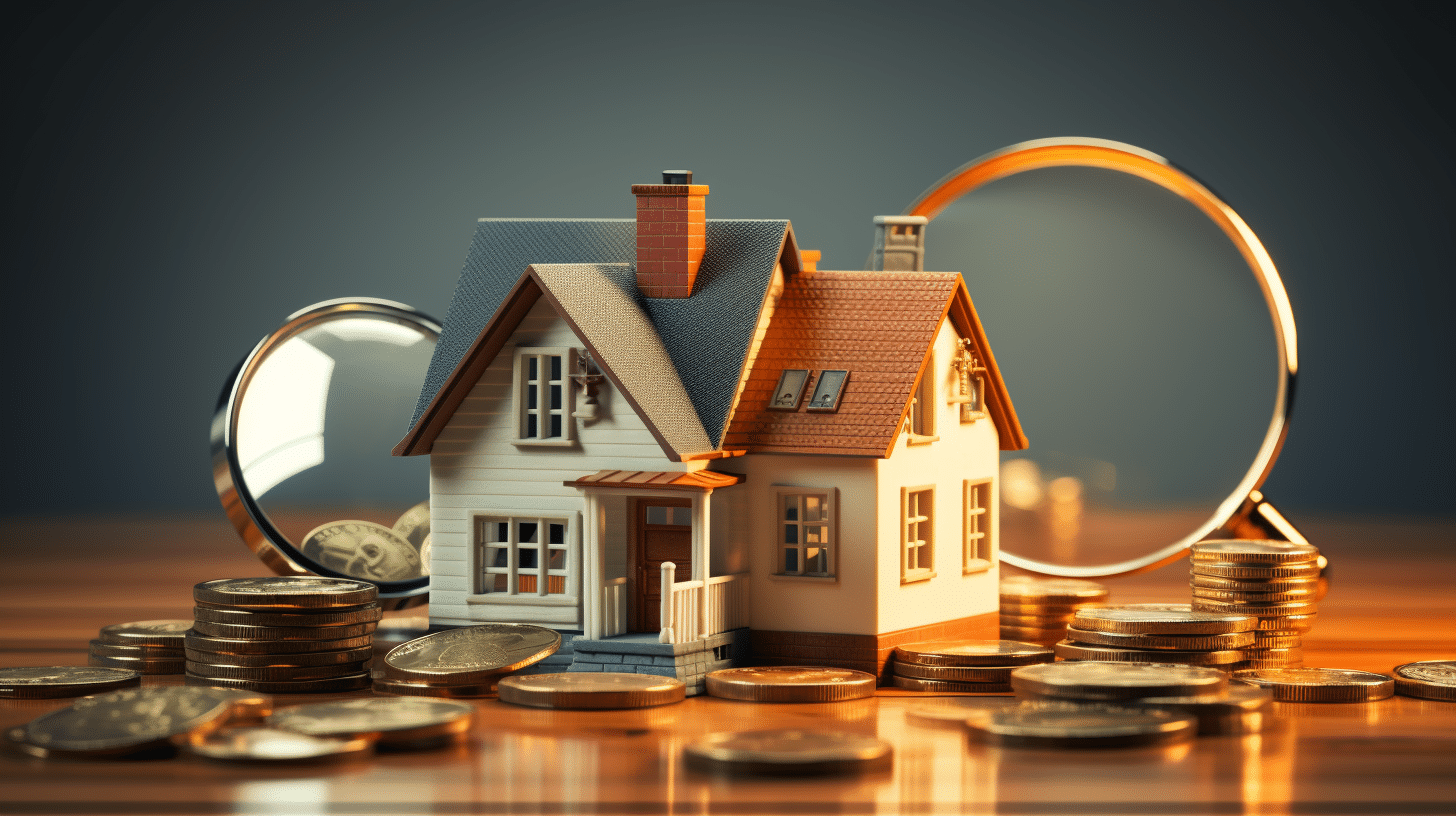Are you considering buying a home? Before you take the plunge, it’s important to be aware of all the hidden costs that come with homeownership. In this article, we’ll share with you the three best tips to uncover these hidden expenses.
By researching initial expenses, identifying ongoing maintenance costs, and budgeting for unexpected financial burdens, you can make sure you’re fully prepared for the true cost of owning a home.
Researching Initial Expenses
When you’re looking to buy a new home, it’s important to thoroughly research and factor in all the initial expenses that come with homeownership. By doing so, you can avoid any unexpected financial surprises and plan your budget more effectively.
Start by considering the down payment, which is typically a percentage of the total home price. Additionally, don’t forget about closing costs, such as appraisal fees, attorney fees, and title insurance.
It’s also crucial to account for moving expenses, including hiring professional movers or renting a moving truck. Home inspections and appraisals are other costs that you should include in your research.
Lastly, remember to budget for any necessary repairs or renovations that may be required before moving in. By carefully researching these initial expenses, you can make a more informed decision about your home purchase and avoid any financial stress down the line.
Identifying Ongoing Maintenance Costs
To properly plan for homeownership, you must consider the ongoing maintenance costs associated with owning a home. These costs can add up over time and it’s important to be prepared for them.
One of the first steps in identifying ongoing maintenance costs is to create a budget specifically for maintenance and repairs. This will help you allocate funds for regular tasks such as lawn care, cleaning, and general upkeep.
Additionally, it’s crucial to inspect your home regularly to identify any potential maintenance issues before they become major problems. This could include checking for leaks, cracks, or any signs of wear and tear.
Another important aspect to consider is the age and condition of major systems in the home, such as the HVAC system, electrical wiring, and plumbing. Understanding the lifespan of these systems will allow you to plan and budget for replacements or repairs.
Budgeting for Unexpected Financial Burdens
Prepare for unforeseen financial burdens by establishing an emergency fund. It’s crucial to set aside money each month specifically for unexpected expenses that may arise as a homeowner.
From major repairs to sudden medical bills, having a safety net will help you avoid going into debt or dipping into your regular savings.
Aim to save at least three to six months’ worth of living expenses in your emergency fund. This way, if an unexpected financial burden arises, you’ll have the funds readily available to handle it without causing significant stress or disruption to your finances.
Conclusion
So, remember to do your research and consider all the initial expenses before buying a home.
Don’t forget to account for ongoing maintenance costs and budget for unexpected financial burdens.
By uncovering these hidden homeownership costs, you can ensure that you’re financially prepared for the responsibilities that come with owning a home.





